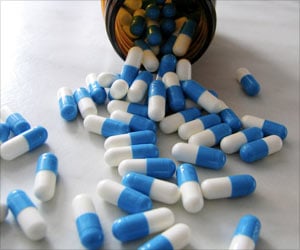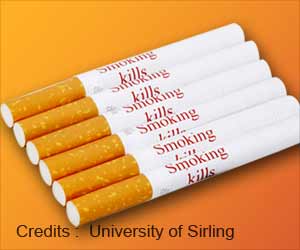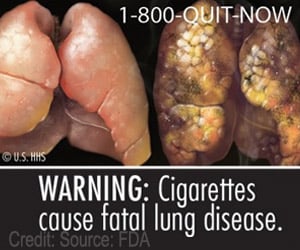Counseling interventions did not lower the continued use of marijuana, cocaine or opioids, says study published in JAMA.

At the beginning of the study, 63 percent of participants reported that their main drug was marijuana, 19 percent cocaine, and 17 percent opioids. All participants reported they were more than casual users, meaning they used drugs at least weekly (or had less frequent use, but with reported consequences). Researchers assessed their drug use at six weeks and six months.
For the primary outcome (number of days of use of the self-identified main drug in the past 30 days), there were no significant differences between the groups. In addition to self-reporting, participants were subjected to hair testing for drugs. There also were no significant, between-group differences at six weeks or six months in drug-use consequences, injection drug use, unsafe sex, or health care utilization.
Saitz said the findings raise questions about the federal government's advocacy – through the Substance Abuse and Mental Health Services Administration -- of screening and brief interventions to address unhealthy drug use.
"Brief counseling can work for a lot of things, but we found no evidence to support the widespread implementation of universal screening and brief intervention for illicit drug use or prescription drug misuse," Saitz said. "In retrospect, drug use is a complicated problem. While there might have been some hope that something as simple as this would work, it now appears it doesn't."
Saitz and co-authors speculated that screening and brief counseling might work better with unhealthy alcohol use than drugs because risky drinking is socially acceptable and not as complex to reduce.
Advertisement
Because each drug is different, he said, a universal intervention is especially difficult. What works to address marijuana use may not work to stop heroin injecting, for example. Prescription drug misuse is particularly complex, as it may involve pain relief, as well as euphoria-seeking behavior or selling of prescribed drugs.
Advertisement
Saitz noted that while primary care physicians may inquire about patients' drug use, most do not screen using optimal tests. He said the study findings should not suggest that screening doesn't work to identify use – just that one brief intervention is insufficient to reduce it. Identifying drug use is important for reasons beyond aiming to reduce it; it is important to physicians in diagnosis of symptoms and for safe prescribing, he added.
"The message is not that we don't want to address drugs in medical settings – in fact, I believe we must, just as we address other risk factors and health conditions," he said. "Instead, the message is that this approach is inadequate. We're going to need something more. As doctors, we're going to have to take more responsibility for this problem, the same way we take responsibility for other factors that impact health."
Only 18 percent of the study participants had moderate to severe substance use disorders -- representative of drug use in the typical primary-care clinic population, Saitz said. The rest, who were using drugs with fewer or no consequences, are people for whom effective early identification and intervention could be critical, he said.
The researchers recommended that future trials focus on drug sub-groups (prescription drugs, for example), to gauge whether specialized interventions are effective. They also suggested that trials be conducted using the primary care physician as the interventionist, or establishing a "multi-component" intervention of clinicians and electronic tools.
Source-Eurekalert










